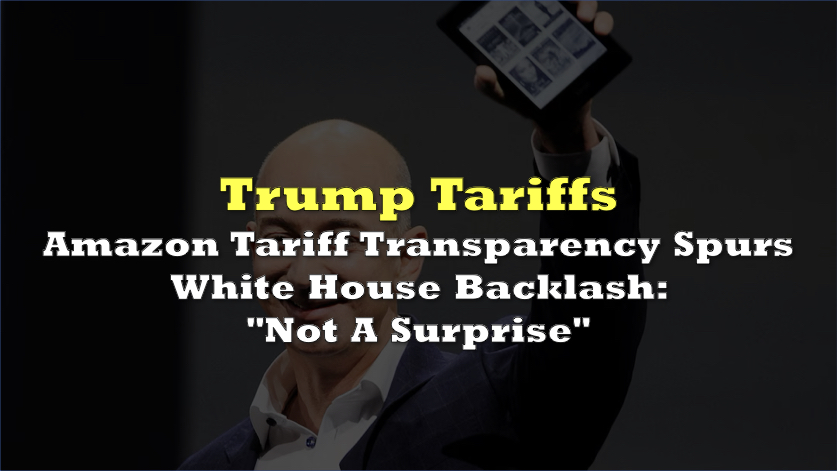It’s no secret that the days of discretionary spending are over. With consecutive declines in real wage growth, dried up savings, and skyrocketing inflation, consumers are putting big-ticket purchases on hold, prompting major retailers and tech companies to sound the grim alarm over an impending economic slowdown.
Even though inflationary pressures have modestly eased over the past several months, the American consumer’s wallet continues to feel pain. A survey conducted by CNBC earlier in December showed 41% of consumers were preparing to spend less compared to the 2021 holiday season, with one-third of those respondents indicating they aren’t planning on splurging due to inflation. Walmart (NYSE: WMT) CEO Doug McMillon corroborated the dampened sentiment, pointing out that an increased number of shoppers are skipping discretionary items in favour of staple goods, such as groceries.

“We’ve got some customers who are more budget-conscious that have been under inflation pressure now for months,” McMillon said on CNBC’s Squawk Box on December 6. Walmart, which has always attracted consumers with its lower-priced grocery items, is seeing an increased proportion of wealthier shoppers, thanks to entrenched inflationary pressures. Over the previous two quarters, approximately 75% of the retailer’s market share gains in groceries came from consumers with household incomes exceeding $100,000.
Although Walmart has its budget-friendly grocery business to thank for higher consumer demand, the retailer can’t replicate the results for its more expensive products. CFO John David Rainey corroborated the phenomenon to CNBC recently, acknowledging that Americans are foregoing expensive meats for cheaper proteins such as beans and hot dogs, and buying less home goods, clothing, and electronics such as TVs.
Even former Amazon (NASDAQ: AMZN) CEO Jeff Bezos is calling attention to the deteriorating economic landscape. Back in November, the billionaire said the US economy is heading towards a recession, cautioning consumers to hold off on big purchases and “keep some dry powder” in their pockets. “Take some risk off the table,” he said in an interview with CNN. “Keep some dry powder on hand. Just a little bit of risk reduction could make the difference for that small business, if we do get into even more serious economic problems. You’ve got to play the probabilities a little bit.”
Amazon, for its part, is already feeling the freeze. The e-commerce giant is preparing to lay off over 18,000 of its corporate employees, primarily those working for its devises business, recruiting, and retail sectors. Not only are consumers simply spending less, those that are shopping during these precarious times are abandoning online retailers, opting to shop at brick-and-mortar locations instead.
Whether consumers are heeding Bezos’ advice or not, one fact is evident: major tech companies are bracing for a weakened consumer appetite. Citing industry insiders, Nikkei Asia revealed Apple (NASDAQ: AAPL) is pulling the breaks on its electronics production in wake of slowing demand. “Apple has alerted us to lower orders for almost all product lines actually since the quarter ending December, partly because the demand is not that strong,” said one of Apple’s suppliers.
The weakened demand for electronics also comes at a time when China attempts to spur its economy and reopen from the latest Covid-19 lockdowns. “More than half of our team has tested positive, and of course, we face disruptions in output,” the manager of a company that manufacturers circuit boards for Apple and Intel told Nikkei. “But demand happened to be quite lackluster, so we just asked staff to take some leave.”
“In a nutshell, I believe a lack of external demand will be an even more important factor for China’s manufacturing sector in 2023,” concluded Natixis economist Alicia Garcia Herrero.
Information for this briefing was found via CNBC, CNN, Nikkei Asia, and the sources mentioned. The author has no securities or affiliations related to this organization. Not a recommendation to buy or sell. Always do additional research and consult a professional before purchasing a security. The author holds no licenses.









